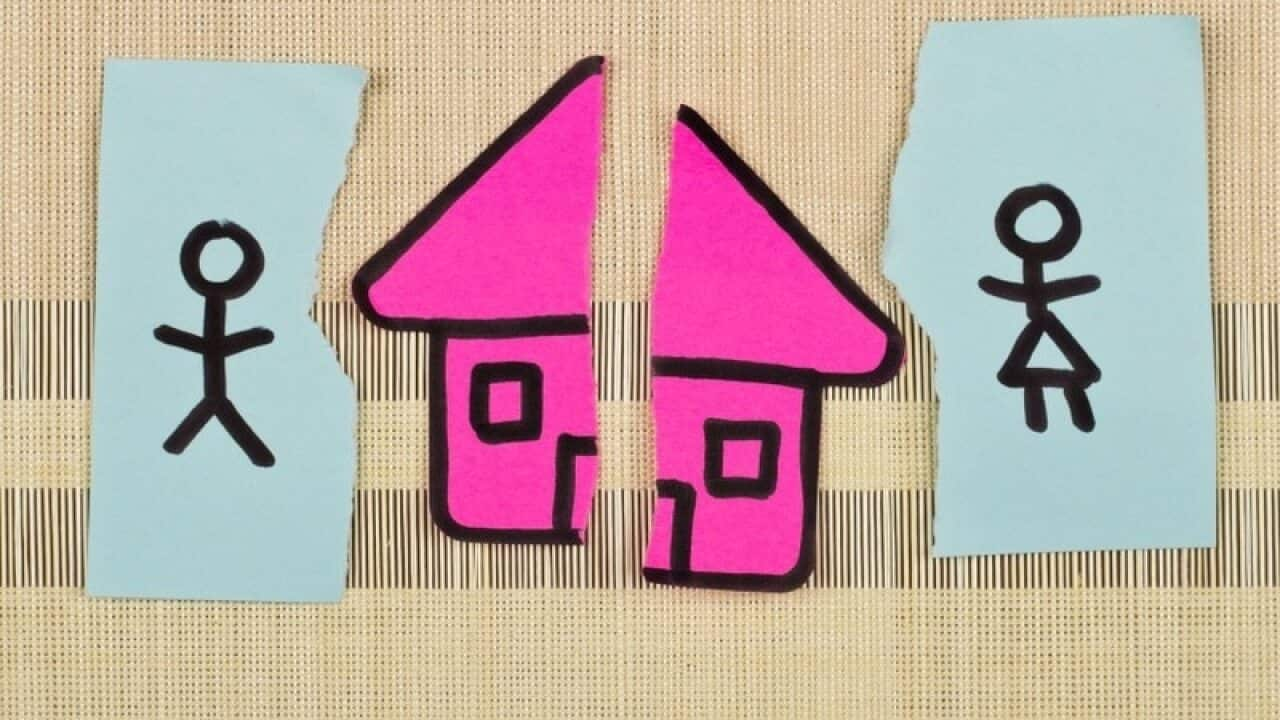While some kids may be lucky enough to skate through their parents’ separation relatively unscathed, the majority are going to suffer at least some short term, if not longer term distress.
As an adult, you’ve likely forgotten just how central your family was to your sense of stability and even identity. Children have yet to develop autonomy, independence or a secure sense of self; instead, their entire frame of reference is strongly centered around their family. When that framework is broken, their world can feel as though it has fallen apart.
Importantly, the suggestions I make here relate to (relatively) amicable separations, where both parents have the best interests of their children in mind. This advice will do little to ameliorate a high conflict separation where one or both warring parents are out to destroy the other.
Under five year-olds
Very young children (under five years) have a limited understanding of relationships. What they will notice is that Dad leaves and doesn’t come back for a long period of time (days feel much longer to a five-year-old), or that they’re suddenly being shunted between two homes. The primary issue here will be separation anxiety.

Explain the situation in the simplest possible terms: “Mummy and Daddy are living in two different houses now. One week you will live with Mummy and the next with Daddy, but you can phone (the other parent) every day, and you will always have teddy (favourite toys) with you at both houses”. Keeping rules and expectations consistent between homes should provide some sense of stability and familiarity.
Primary school-aged children
Primary school aged children are extremely egocentric, and may believe a bad outcome has been caused by them (I didn’t clean my room so now Mum is leaving me). As irrational as this may seem to an adult, this style of thinking is completely normal for a child of this age.
Anticipate this by explaining very clearly your separation has nothing to do with the child and you will always be there for them. Something along the lines of “Mum and Dad can’t live together anymore because some people find it too hard to stay friends when they get older”.
Teenagers
Both primary school and teenage kids can be black and white in their thinking and may cast each parent into a good versus bad role – this can be difficult to overcome and may take time to resolve.
While you should avoid involving children of any age into the specific “whys” behind your divorce, with mature teenagers this might prove difficult if there’s been a highly visible reason (heavy drinking, mental illness, irresponsible financial decisions, known infidelity).
In this case, the best you can do is avoid demonising the other parent and suggest to older children they discuss any concerns they have about that parent’s behaviour with them directly. There’s little point in dodging questions with ineffective platitudes such as “you’ll understand when you’re older”. Keep the details of your conflict private but be upfront in response to questions they have about you, your personal conduct and your plans for the future.
Always remember, if you start bagging the other parent – you are effectively criticising 50 per cent of your child’s DNA, and you are asking them to choose sides between two people they love. This will only serve to cause further damage to your child.
Older teens may have some strong opinions about their living arrangements, and may not be inclined to abide politely by shared-care models or even family court orders. Listen to their concerns (which are very likely centred around access to friends, school/sports activities) and be sensitive and flexible. You and your ex are turning their lives upside-down and they might be quite angry about that, so prepare for a parenting outcome that may not be ideal for you.
Consistency in co-parenting
Regardless of age, try to be consistent in your co-parenting, and take personal responsibility for following through with all of your reassurances and promises.
Avoid introducing further “disrupters” onto the scene. It takes months to years for children to process and feel secure in their new family structure. Introducing a new boy/girlfriend into that mix soon after this upheaval, or engaging in radical lifestyle changes is highly insensitive at best.
Understand that your desire to move on and reinvent yourself might not be appreciated by children who need time to grieve the loss of their family unit, and adapt to your and their new situation.
Rachael Sharman does not work for, consult, own shares in or receive funding from any company or organisation that would benefit from this article, and has disclosed no relevant affiliations beyond their academic appointment.
Insight is Australia's leading forum for debate and powerful first-person stories offering a unique perspective on the way we live. Read more about Insight
Have a story or comment? Contact Us


